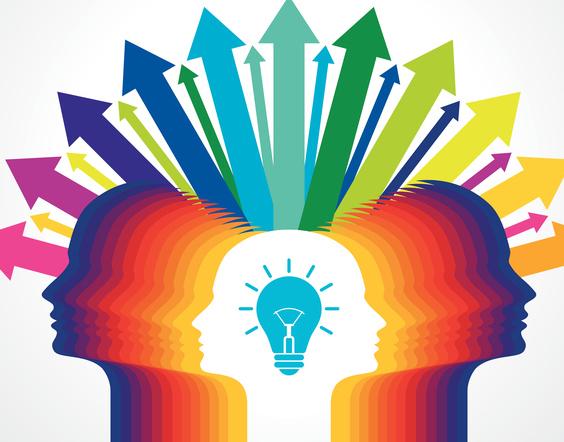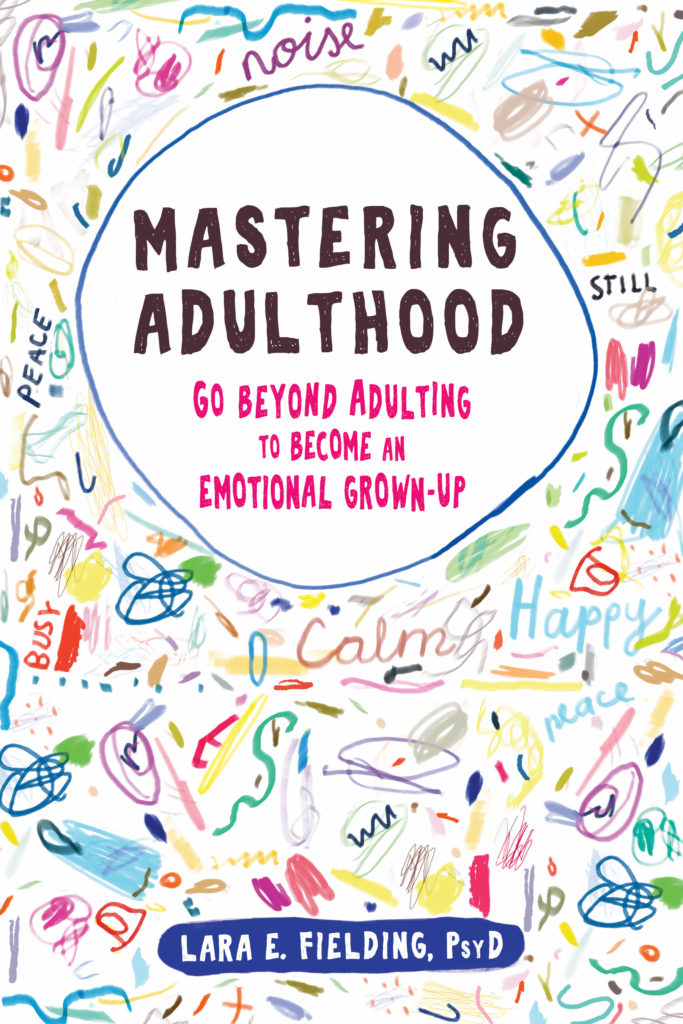I hear the words of Bob Dylan floating through my mind these days…..
This past week client after client has plopped themselves on my couch, called for skills coaching, or submitted home practice related to the vast changes our world is observing. “What now?” “I’m scared!” “We’re on a slippery slope to doom,” is the tone of what I am hearing.
Yep, ‘The times they are a-changin’….’
When the road of life changes dramatically, this by definition causes stress, a “response of the body to any demand for change” (Selye, 1936). So, the BIG question is:
In the face of all the change we are seeing, what is the essential skill we need to not freak out and be as effective as we can in our lives?
Where Does Stress Come From?
As the news floods in about changes being made, in unpredictable ways, we are by definition in the midst of stressful times.
In addition to Selye’s automatic bodily reactions noted above, there are our individual interpretations of the facts as they occur. Lazarus and Folkman (1984) defined stress as:
“a particular relationship between the person and the environment that is appraised by the person as taxing or exceeding his or her resources and endangering his or her well being.”
This definition certainly hits the mark for many right now. Worries about the ramifications of all the changes, beliefs about the fairness of these changes, and a real sense of threat can all conspire to create a psycho-biological stress response.
But lets notice something. While there are indeed many stressors occurring, the stress response is our own. And so, it is up to each of us to hunker down and use our skills to take care of ourselves as effectively as possible.
Why Stress Makes You ‘Crazy’.
“Insanity is doing the same thing over and over again…expecting different results”
Albert Einstein
Trust me! I know that ebbing the tide of stress reactions feels impossible! The psychological and biological reactions of anger and fear are hardwired in the oldest parts of our brains and bodies. We still have these emotions, because they serve a life or death function. The old ‘fight or flight’ reaction compelled us to run away from bears and remember where they are so we may predict and avoid future difficulties.
The obvious problem here and now however is that when our emotions get triggered by a righteous indignation, a threat to our personal freedoms, or any ‘cause celebre’, we start thinking and behaving like cavemen!
Psychological rigidity is when we fail to adapt in a fluid way to context. Our reactions to things become largely Passenger driven and Autopilot.
In fact, researchers have linked increased stress to just about any unhealthy autopilot behavior you can think of. Under stress we are more likely to consume more alcohol and/or drugs, caffeine, sugar and carbohydrates.
These behaviors work to reduce the discomfort of our emotions and thoughts about the stressor short term. But each escape behavior adds a layer of junk to the mix of psychological rigidity.
Soon sleep amount and quality begin to deteriorate. Our memory falters as increased stress hormone cortisol suppresses nerve growth in the working memory area of the brain. This leads to increased inflammation, which not only makes you look and feel like crap, but is also strongly linked to major depression!
We enter a rigid vicious cycle of stressor → emotion → thought → action → repeat. The result is our ability to attend to the present moment, without the embellishments of our minds’ interpretations and assumptions, is reduced. We fail to gain new information about our changing world: new learning is impaired.
We become ‘stuck in our ways’ as they say: we become increasingly psychologically rigid.
Psychological Flexibility: THE Super-Skill of Well-Being
While psychological rigidity has been linked to a number of mental health diagnoses, psychological flexibility (PF) may be the shining star of resilience and well being. It is the ultimate Super-Skill! According to Bond, et al. (2013), PF “is a primary determinant of mental health and behavioral effectiveness.”
This super skill is the ability to maintain gentle and kind awareness of the present moment and take action, based on your values and goals. In other words, it is a kind of meta-awareness of all the components on the Dashboard of your Mind-Body Vehicle, from which you take actions towards your own True North.
Reams of studies have shown this one ability is found in those who are functioning well and getting stuff done! It has been studied in many forms for decades.
But more recently, it has gained more notoriety as the bedrock of Acceptance and Commitment Therapy (ACT), an evidence supported intervention for everything from severe mental illness to leadership and organizational wellbeing. Steven Hayes, ACT’s founder, defines psychological flexibility as the ability to “make contact with experience in the present moment fully and without defense.”
So, who wouldn’t wanna build this super-skill?
Building Psychological Flexibility
As the definition of PF suggests, this ability is an ongoing practice. It’s important to know that without effort, we can all revert to our rigid habit driven ways, because of the natural inertia of how our mind-bodies are built.
PF is more than a single skill, it is the overarching goal of all the other skills. So no single technique I can give you will get you there.
An excellent way to get started however is to begin piecing together the practices from prior blogs.
The Practice:
1. What: Begin practicing the Dashboard Form through out your day as an informal mindfulness in daily living practice. Why: This fundamental skill will build your self-awareness of your Mind-Body Vehicle’s autopilot habits and typical Passengers.
2. What: Attend to your emotions in a new, kinder way by Taking Role Call of your experiences. Why: Practicing moving into, rather than away from difficult internal experience builds the skill of listening to the messages of your emotions. Thus building better creativity and connection.
3. What: Practice Letting Go of the chatter thoughts and seeing them as thoughts, not facts. Why: Chewing on old Thought Habits may have a certain allure, but also puts you through an unnecessary virtual reality of suffering.
Remember, committing ourselves to being skillful in the face of any change (whether it be in your life as an individual, or a more global scale) does not mean you condone or approve of it. And it does not mean you should stuff, blunt, or get rid of your feelings about the change.
Being skillful is simply choosing the most effective action from a place of Wisdom. In these times of change, we’ll be needing all the collective Wisdom of Mindful-Masters everywhere. So let’s skill up!
For the loser now will be later to win
Cause the times they are a-changin.
Bob Dylan
This blog is the basis my self help book: Mastering Adulthood: Go Beyond Adulting to Become an Emotional Grown-Up, which takes you through all the steps to find your purpose and build the skills you need to stay flexible! If you found this skill helpful, I hope you will share it with other’s who might benefit. Or sign up for the new Mindful-Mastery Skill Clips on Youtube, SKILL WEEKLY newsletter, or follow me on Facebook, Twitter, or Instagram.


